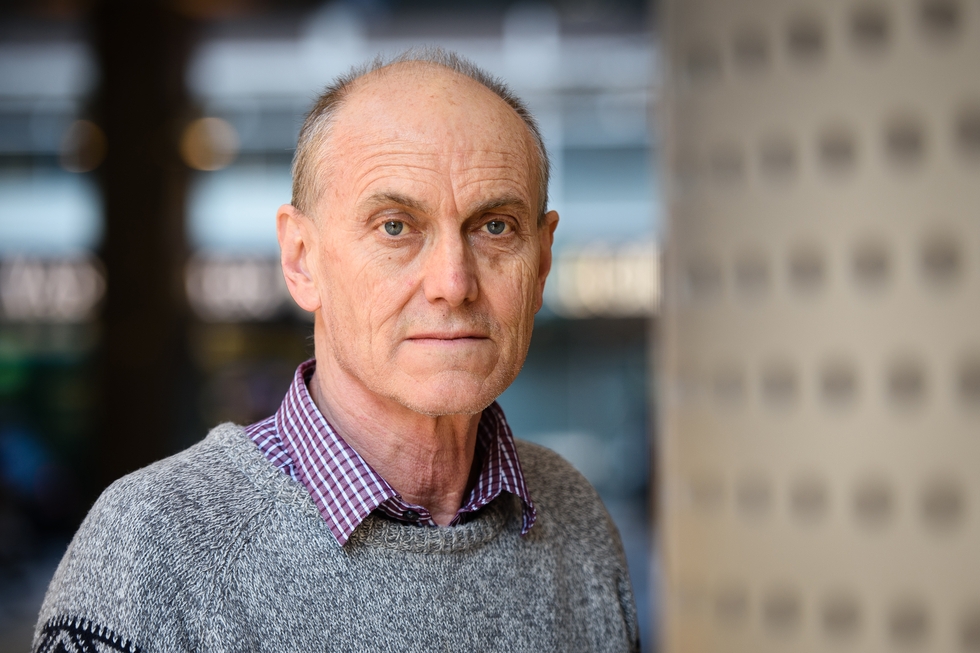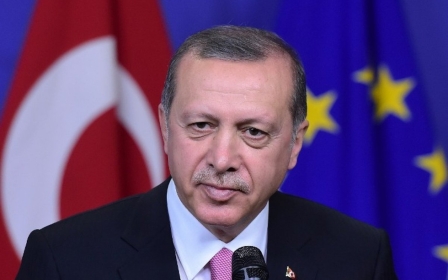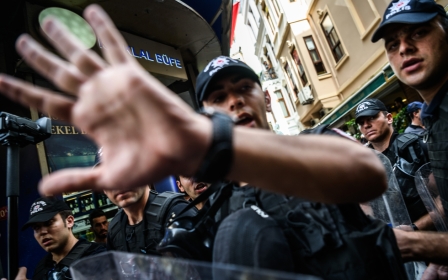Turkey acquits British academic of 'terror propaganda' charges

A Turkish court on Thursday acquitted an Istanbul-based British academic who faced as many as five years in prison on charges of distributing "terror propaganda" on behalf of outlawed Kurdish militants.
Turkish media said an Istanbul court had acquitted Chris Stephenson, who teaches computer science at Bilgi University in Istanbul. Stephenson confirmed on his Twitter feed that he had been found not guilty, writing simply "And acquittal".
Stephenson was briefly arrested in March while protesting outside the city's main courthouse over the detention of four Turkish academics who had been tried on similar charges.
Prosecutors had asked for Stephenson to be given a jail sentence of between one and five years on charges of "making propaganda for a terror organisation," in reference to the outlawed Kurdistan Workers Party (PKK).
The academic, who has been based in the country for 25 years, has ridiculed the charges, saying he was only carrying invitation leaflets for Kurdish New Year celebrations later in the month.
The case further raised alarms over freedom of speech in Turkey, with individuals accused of backing the PKK or insulting President Recep Tayyip Erdogan sometimes facing severe legal punishments.
His acquittal comes days after Reporters Without Borders (RSF) Turkey representative and journalist Erol Onderoglu, journalist Ahmet Nesin and rights activist and academic Sebnem Korur Fincanci were charged with "terrorist propaganda" and remanded in custody.
They had all taken part in a campaign by pro-Kurdish Turkish daily Ozgur Gundem for prominent figures to guest-edit the newspaper on a daily basis. Media rights groups, the UN and the EU Commission have called for their release.
Turkey has faced mounting international disapproval over its treatment of journalists and academics.
In its 2016 Press Freedom Index, RSF ranked Turkey 151, just under Tajikistan and above the Democratic Republic of Congo.
Under Article 301 of the Turkish constitution, insulting the president of Turkey is a criminal offence.
Since Erdogan became president in 2014, prosecutors have opened more than 1,800 cases against people for insulting him, according to figures released by the Justice Ministry last month.
Journalists are often charged with "terrorist propaganda" for media deemed sympathetic to the outlawed Kurdish PKK.
New MEE newsletter: Jerusalem Dispatch
Sign up to get the latest insights and analysis on Israel-Palestine, alongside Turkey Unpacked and other MEE newsletters
Middle East Eye delivers independent and unrivalled coverage and analysis of the Middle East, North Africa and beyond. To learn more about republishing this content and the associated fees, please fill out this form. More about MEE can be found here.




